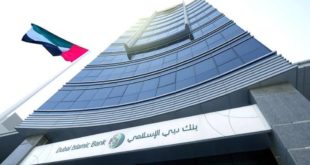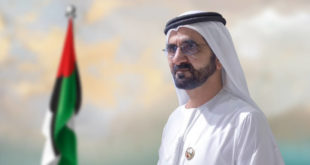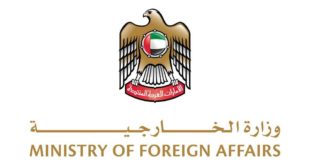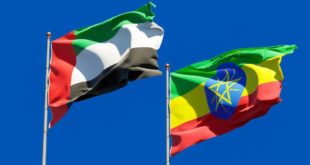The work of the Ministry of Education is based on 8 important pillars during the next stage, including policies, strategies, legislation, oversight, licensing and quality, curriculum development, sponsorship and capacity building, educational planning and services, and academic accreditation for higher education, the National Qualifications Center.
The field of policies, strategies, and legislation focuses on preparing and supervising the implementation of policies, strategies, and legislation related to early childhood, kindergarten, and public and higher education in the country, including vocational, technical, technical, private, and continuing education.
The Ministry stated through the “Tasks and Services” guide, the details of which were provided to the Gulf, that the field of oversight focuses on developing the oversight system over educational institutions in all its forms and levels, as well as planning and implementing oversight operations over educational institutions, analyzing their results and submitting periodic and final reports on the extent of the institutions’ commitment. This sector is concerned with monitoring violations of educational institutions and submitting them to the competent authorities inside and outside the Ministry, and following up the response rates for corrective and preventive plans in coordination with the competent authorities.
Licensing and quality
The field of licensing and quality includes setting national policies and standards for licensing and professional development of workers in the educational field, and granting licenses to educational cadres and leaders and institutions working in the field of education, including vocational, technical, technical and private education in the country, to ensure the quality of education outcomes.
It also focuses on evaluating and classifying government public education institutions, early childhood, public and private higher education in the country, and vocational, technical and technical training institutions, and approving their programmes, as well as supervising national and international exams in the Emirates, and managing their application in all educational institutions.
Curriculum development
Through the field of curriculum development, the Ministry focuses on proposing and preparing the general framework for all state curricula, preparing policies and standards for the national educational curriculum, tests and learning resources, in coordination with the concerned authorities, and supervising their implementation, as well as working on preparing, authoring and developing textbooks for the national educational curriculum, and approving Educational curricula for private public education institutions in the country, licensing and evaluating them, including preparing and supervising the implementation of counseling and quality of life in all educational institutions, promoting scientific research and innovation, transferring knowledge and developing research initiatives and grants.
building abilities
In the care and capacity-building sector, the Ministry relied on more than 12 tasks, most notably participating in drawing up the Ministry’s policies, developing strategic plans and supervising their implementation within the relevant organizational units, supervising the preparation and updating of the current skills map and advanced future skills, and developing policies, frameworks and programs to enhance awareness of the importance of skills. targeted, measured and trained.
And supervising the development of policies and counseling and quality of life programs in the psychological, social, academic, vocational, health and physical fields within educational institutions, and supervising the development of policies and programs directed at students of determination and students with learning difficulties.
Policy development
And supervise the development of policies, standards and frameworks for programs to promote science, technology, scientific research, leadership and innovation in the educational field, develop research initiatives and grants, organize and develop academic scientific research institutions, and supervise the preparation of an integrated framework for education policies to achieve complementarity, harmony and harmony with national goals and their response to national priorities.
The tasks include setting work plans and the main programs of the sector, supervising their implementation after their approval, coordinating between organizational units, supervising their performance, submitting periodic reports on the progress of work in them to the Undersecretary for Academic Affairs, supervising the sector’s operations and projects, managing financial and human resources for the care sector and capacity building. efficiently.
The educational planning and services sector focuses on preparing plans and aligning with the requirements of the labor market, collecting education data, managing and following up on scholarships, registration services and equivalencies, while the Academic Accreditation Commission undertakes institutional licensing tasks for public and private higher education institutions and accreditation of academic programs. The Commission is the official body in the country concerned with regulating the quality of higher education in its “governmental and private” institutions to ensure a level that meets international standards.
Develop and improve
The ministry stated that the accreditation contributes to the development and improvement of the quality of academic education to supply the labor market with qualified human cadres and help graduates to compete. The Commission supports the Ministry’s goals to upgrade universities and academic programs in the country to the highest standards of quality.
She explained that the national system promotes the principle of lifelong learning and supports advanced and future skills required for the labor market. Technical and vocational education and training in international best practices.
She said that there has been coordination and cooperation at the local and international levels to adopt and recognize professional qualifications for the purposes of career development, and to accredit specialized donor agencies that contribute to sustainable development and increase the number of enrollments in vocational and technical education.
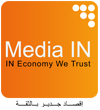 Media ININ Economy We Trust
Media ININ Economy We Trust


